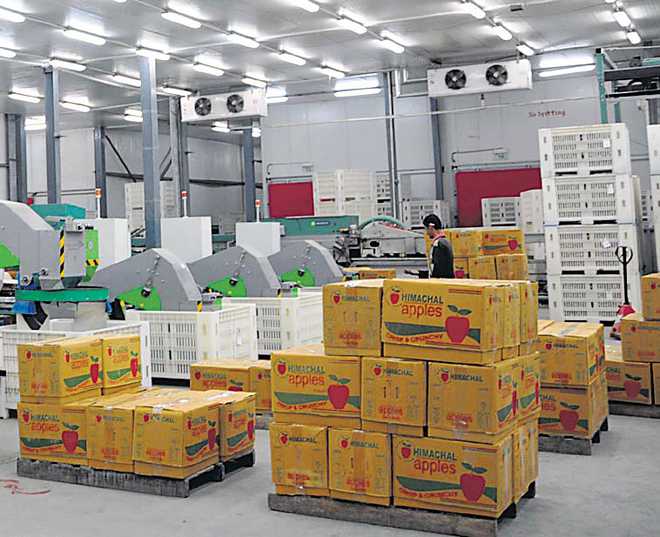
COOLING: Comes at cost of energy.
Toby Peters
Professor, University of Birmingham
COOLING is now being recognised as one of the foremost environmental concerns. For the next 30 years, it is predicted that 19 cooling appliances will be installed every second. But even with this massive growth of the cooling sector, much of the world will still be without access to cooling, suffering the consequences: poverty, malnutrition, spoiled medicines, unsafe living and working environments.
At the University of Birmingham, we have set out to provide an initial indication of the scale of the energy implications of Cooling for All, a scenario that would see a penetration of cooling — from cold chains to air-conditioning units — and consider steps to manage this within the climate change and natural resource limits. Effective cooling is essential to preserve food and medicine.
Cooling already causes twice the global GHG emissions of shipping and aviation combined. According to one forecast, if cooling emissions are left unchecked, they will double by 2030. But this is the tip of the iceberg. The demand for cooling in developing countries is expected to be one of the main drivers behind the increase in global energy demand. In developing countries, billions of people live without cooling and suffer the consequences through hunger and ill health. The lack of adequate cold storage and refrigerated transport contributes to over 1.5 million vaccine-preventable deaths each year, and up to 50 per cent of the food can be lost post harvest.
The Government of India has emphasised on doubling farmers' income by 2022. In India, up to 50 per cent of the food can be lost post harvest primarily because of lack of a cold chain. Using cold chains to extend the life of crops while connecting farmers to markets is the key to addressing rural poverty. Equally, the consumption of high-nutrition foods in India is expected to touch half a billion tons by 2030. The connecting of the supply of such foods with consumers has only one healthy recourse: the 'cold chain'.
As the world's population heads towards 10 billion by 2050, and with more than 60 per cent projected to be living in cities, there is no question that far more cooling will be needed. Our analysis suggests that to deliver access to Cooling for All by 2050, 14 billion cooling appliances could be required globally — four times as many as are in use today and 4.5 billion more than current global projections for 2050.
Cooling can never become truly sustainable on the basis of technologies that reduce emissions by a fraction. Sustainable cooling will only be achieved through a new step-change approach. This must start with understanding the needs and services and then using system-level thinking to meet the demand affordably and sustainably: the cold economy.
The Cold Economy is about recognising the portfolio of available resources, including free and waste cold and heat; incorporating technology, data connectivity and energy management into system-level approaches. And, of course, designing of novel finance and business models would be required to create economically sustainable systems for the subsistence farmer as well as the rich urban community.
"Clean cooling" could address poverty, reduce food loss, improve health, raise energy efficiency, manage natural resources, support sustainable cities and communities, phase out refrigerants and combat climate change — concurrently.
The challenge is how to embed this approach quickly to avoid investment in the highly polluting conventional equipment — or sub-optimal alternative approaches — that lock in cooling emissions for years or decades to come.



























